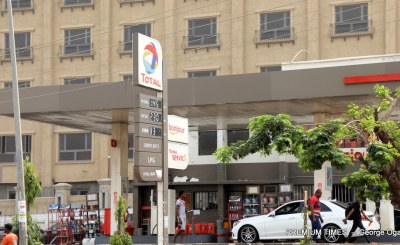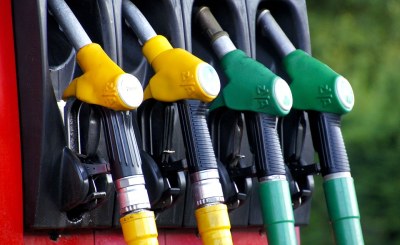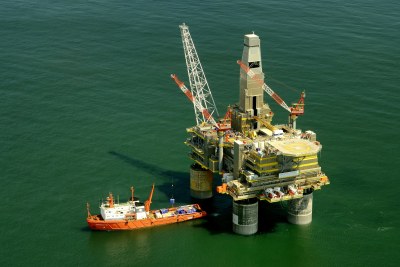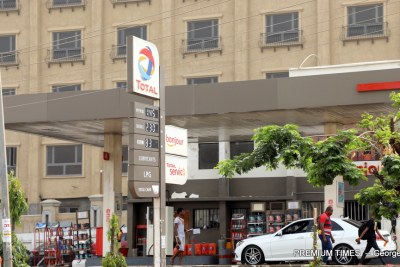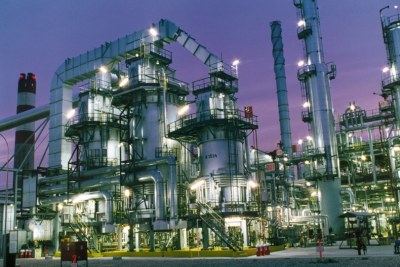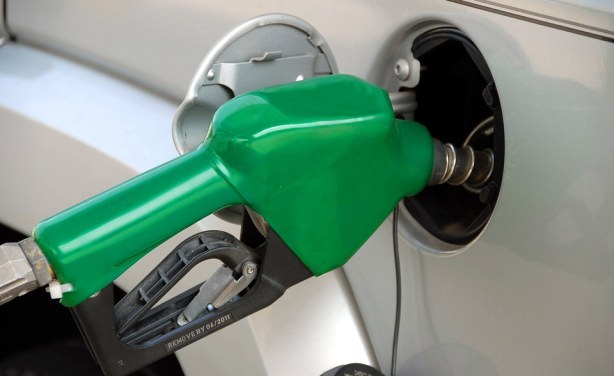-
Nigeria: Despite Govt's Repeated Promises, Importation of Dirty Fuels Continues
Premium Times, 1 April 2021
The Nigerian government has since 2016 been making repeated promises to end the importation of dirty fuels. Read more »
-
Nigeria: How Nigerians Are Paying Deadly Price for Europe's Dirty Fuel
Premium Times, 10 January 2021
Nigeria has made several promises to ensure its fuel contain low sulphur, but its petrol and kerosene have sulphur over 20 times times what they should be. Read more »
-
Nigeria: Nigerian Regulators Trade Blame As Killer Fuels Dominate Country's Oil Business
Premium Times, 25 July 2020
While various scientific research results have linked annual deaths of more than 100,000 Nigerians to air pollution, partly caused by the dirty fuel imported into the country by… Read more »
When Will Nigeria Stop Importing Europe's Dirty Fuel?
The government has since 2016, been making repeated promises to end the import of dirty fuels. Members of the Economic Community of West African States, ECOWAS, convened a two-day workshop in Abuja in June 2016 with the plan to find ways in using low sulphur fuels in their respective countries. At the end of the event, Nigeria, Benin, Togo, Ghana, and Côte D'Ivoire agreed to ban the importation of Europe's dirty fuels. However, energy giants like Shell, Chevron and ExxonMobil do the drilling in the Niger Delta region, and they, in turn, pay production entitlements, taxes, royalties and other remittances to the Nigerian government. Of the volume drilled, little is refined in state-owned refineries, which has not been functioning effectively for years, despite draining billions of naira and not being able to meet national needs. To bridge the deficit, the country has turned to foreign refineries, from where refined and highly sulphured fuels - because they are cheaper - are imported into Nigeria, much to the chagrin of health and environmental campaigners. The Nigeria government recently announced that it would not be able to bear the U.S.$300 million monthly subsidy burden on petroleum products. With fuel subsidies soon to be stopped, Nigerians may have to pay more to get cleaner fuels.
InFocus
-
An Italian court has cleared energy giants Eni and Shell of U.S.$1.1 billion corruption charges related to an oil exploration deal in Nigeria. The long-running case revolved ... Read more »
-
The government has said that it will not continue to bear the U.S.$300 million monthly subsidy burden on petroleum products. The Group Managing Director of the Nigerian ... Read more »
-
Dangote Refinery is investing in producing Euro V fuel to help Nigeria meet the European standard of petrol. Sulphur in petroleum fuels results in vehicle exhaust emissions that ... Read more »
